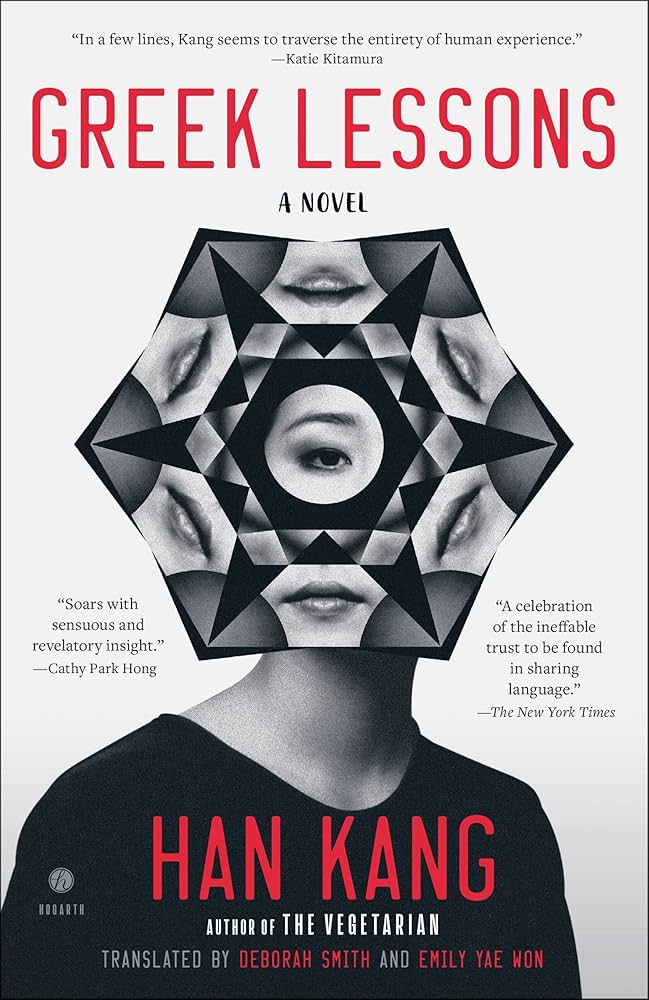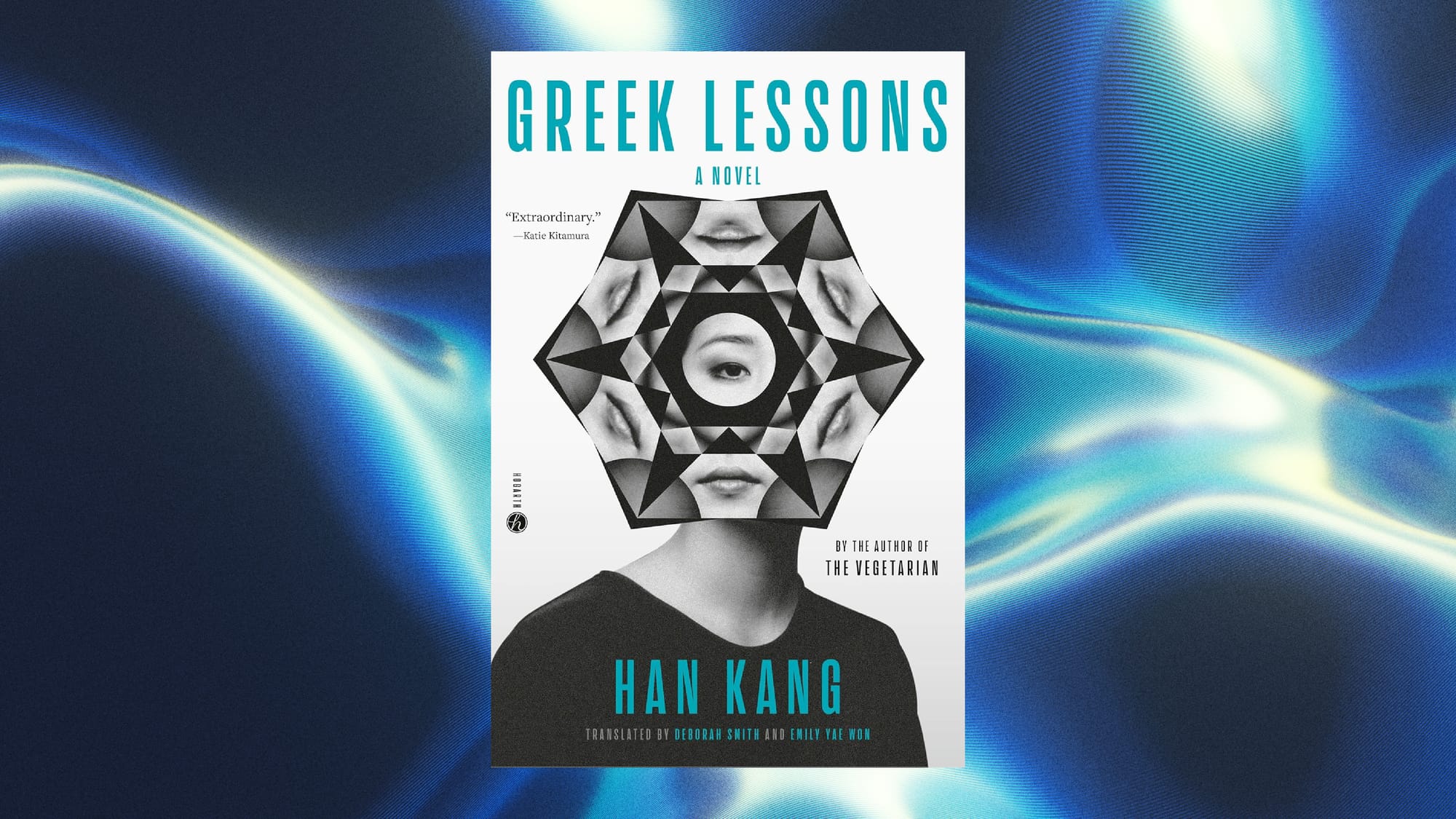Han Kang's "Greek Lessons" is a haunting meditation on silence, sight, and the profound ways we connect despite our limitations. This beautifully translated novel from Deborah Smith and Emily Yae Won offers American readers an intimate portrait of two souls finding each other through shared vulnerability.
The story follows an unnamed woman who has lost her ability to speak and her Greek teacher who is slowly going blind. Both characters are "achingly alone, disconnected, in their own ways, from the world", yet their evening Ancient Greek class becomes the unlikely space where they discover solace in each other's presence.
The Poetry of Silence
What makes this novel extraordinary is Han Kang's treatment of silence not as absence, but as presence. The woman's muteness isn't simply trauma response—it's something deeper. As one reviewer notes, "Unlike before, the silence that has now returned after a period of twenty years is neither warm, nor dense, nor bright". Her journey to reclaim language through Ancient Greek becomes a powerful metaphor for finding new ways to express the inexpressible.
The teacher's gradual blindness creates a parallel narrative of sensory loss. His story, told through first-person letters and memories, reveals someone clinging to visual memories like "ice-steeped sunlight" through stained glass windows. Together, these characters embody Han Kang's exploration of how we adapt when our primary means of experiencing the world are taken away.
Language as Connection
The choice of Ancient Greek as the bridge between these characters is brilliant. As one character explains, "Language, by comparison, is an infinitely more physical way to touch. It moves lungs and throat and tongue and lips". The dead language becomes paradoxically alive, offering both characters a neutral space to exist without the weight of their native tongue's associations.
Han Kang's prose, described as having "a poetic cadence" that "reads at times like Imagist verse", creates an atmosphere of quiet intensity. The novel's restraint—particularly compared to her more visceral works like "The Vegetarian"—allows readers to sit with the characters' profound loneliness and gradual connection.
A Gentle Revelation
"Greek Lessons" proves that the most powerful stories often whisper rather than shout. This "celebration of the ineffable trust to be found in sharing language" offers hope that even in our most isolated moments, connection remains possible. For American readers seeking literary fiction that explores universal themes of loss and healing, Han Kang delivers another quietly devastating masterpiece.
Rating: ★★★★★















Discussion